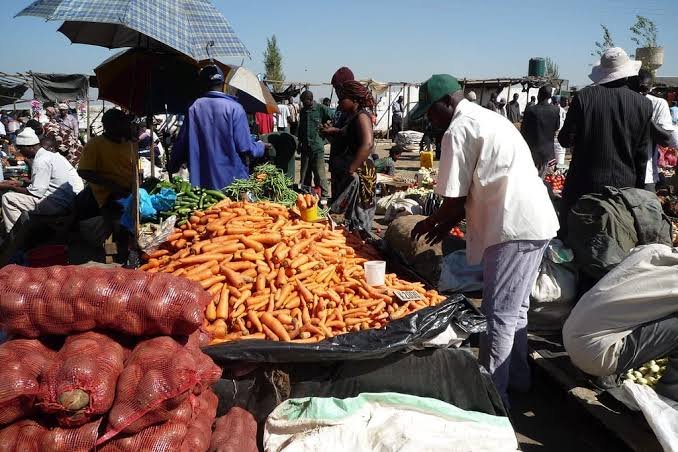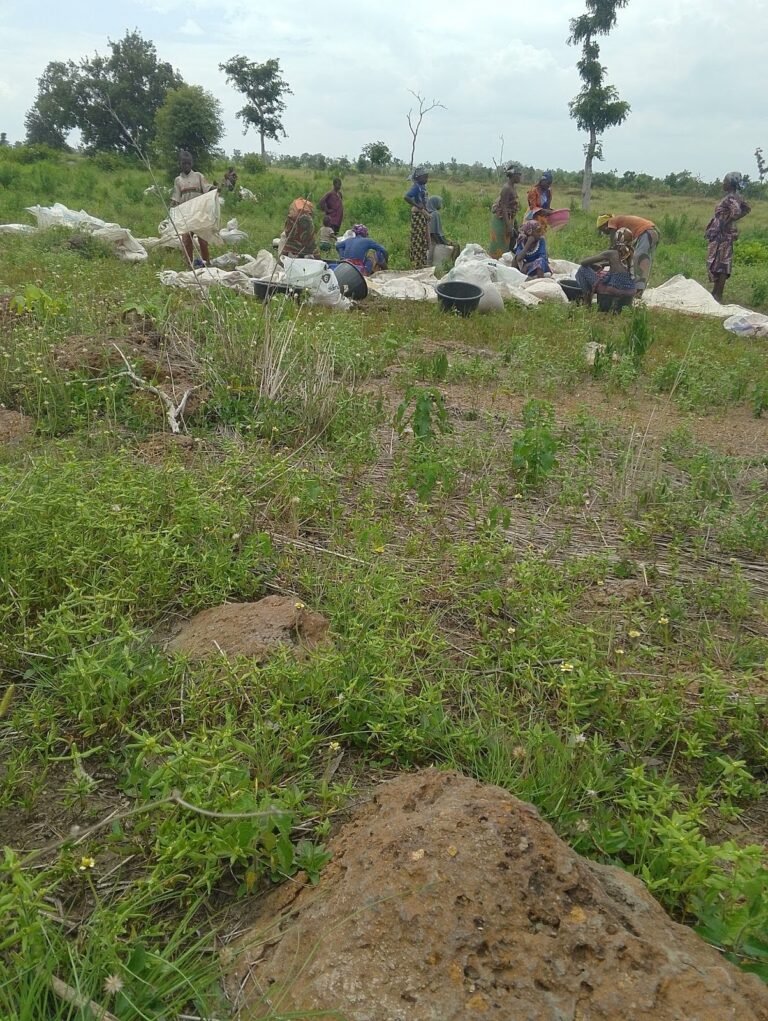Every morning before sunrise, the tin roofs of Soweto Market rattle awake with activity. The scent of dried fish, the clatter of wheelbarrows, and the buzz of bargaining voices all signal something deeper than commerce, a lesson in economic philosophy in motion. This chaotic, colourful environment of Lusaka shows more about how people trade and survive than many textbooks and policy papers. And with only 33 percent of Zambians (about 7.1 million people) online, most still rely on markets like Soweto as their main economy.
Under sun-faded umbrellas and makeshift tutemba (stands), markets are not abstract theories but daily realities. A few minutes in Soweto teaches you more than any lecture. Every stall, from the tomato seller to the carpenter, shows how people use what they have, tools, time, or skills to meet others’ needs and earn a living.
Take the tomato vendor, carefully calculating transport costs, rot risk, and retail margins. Her decisions are not guided by any ministry’s directive but by price signals and consumer behaviour. The same reality appears across small enterprises: 80 percent report higher costs under load shedding, 12 percent lower profits, and 8 percent even forced closures.
When tomato production is reduced and prices rise, customers grumble, but they adjust. The vendor’s income temporarily increases, incentivising her to source from alternative suppliers.
The next day, another vendor sells for less, and everything shifts again. The prices move because of buyers and sellers, not because anyone ordered it. Soweto is full of such mini-economies. A carpenter sells stools beside a tailor stitching school uniforms. A mother with a basket of sweet potatoes negotiates her children’s lunch money into profit.
These small exchanges reflect the larger principle of mutual benefit through voluntary trade. Buyers and sellers meet, bargain, and if both leave satisfied, the exchange works.
What often gets missed in high-level debates about economics is its human face. Critics imagine boardrooms and suits, forgetting that the reality is a woman balancing tomatoes on her head, walking through potholes to her stall.
In places like Soweto, capital is built, basket by basket, coin by coin. A katemba, a wheelbarrow, a mobile phone are the tools of the trade, the “capital goods” that multiply output and turn sweat into sustainability.
Of course, the system is not perfect. Traders here face more than market risks—a poorly maintained road delays deliveries. Sudden levies eat into slim profits. Corruption at checkpoints turns routine transport into roulette. These are not failures of markets themselves but of the institutions that should support them. One study estimated small businesses lost over K623 million in turnover because of power disruptions alone. When contracts are unenforceable, laws are unclear, and infrastructure falters, the market suffers, and so do its people.
Despite these hurdles, Soweto adapts. It doesn’t wait for perfect conditions. Traders innovate, forming cooperatives or pooling savings into informal banks. It innovates under pressure as traders form cooperatives to pull more resources. Some pool savings into informal village banks; others turn to digital platforms to reach new customers. A recent BongoHive 2025 study of 35 SMEs across 10 sectors found that while many small firms are eager to digitise their operations, they struggle with the cost of technology and record-keeping. Yet even with these barriers, traders continue adopting mobile tools and online platforms, proving that adaptation is already underway.
What is striking about Soweto is not limited to the economic energy but the moral ground of trade itself. Fair deals, loyal customers, and trusted suppliers carry as much weight as cash. In a world where markets are often framed as ruthless, Soweto shows how exchange can also foster trust and cooperation and that free markets can foster trust, cooperation, and community, not just competition.
It’s simply people finding ways to meet each other’s needs, improve their lives, and create value out of what they have on the dusty ground of experience. Stand at the centre of Soweto Market and see how supply meets demand. That is the free economy, alive and improvising, under a tin roof in Lusaka.
Soweto teaches that economic life starts with one basket, one stool, one wheelbarrow. The challenge is to protect that freedom to trade. Citizens must demand better infrastructure and clear rules, and leaders must step aside where they block progress.
______________
Lawrence Nacidze is a Journalism for Liberty Fellow at the Liberalist Centre.














